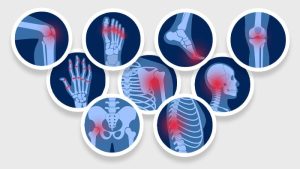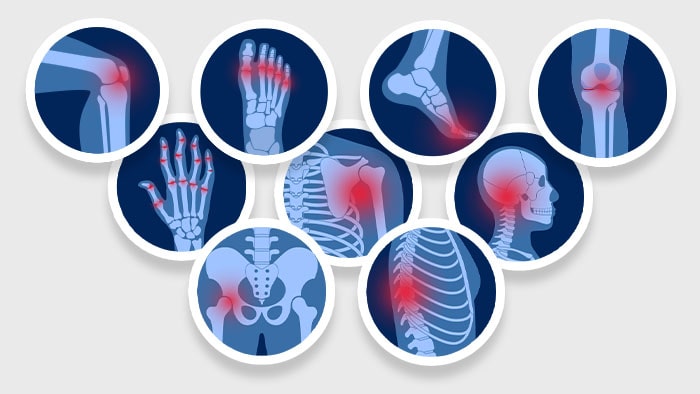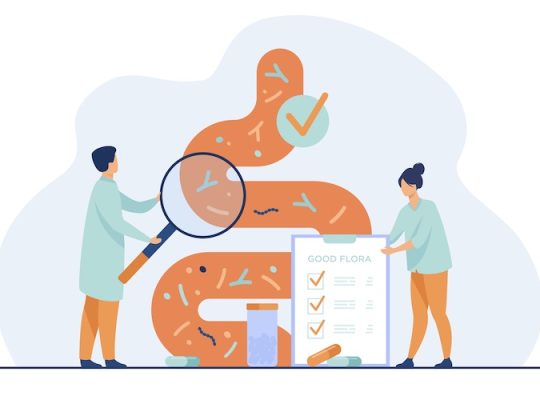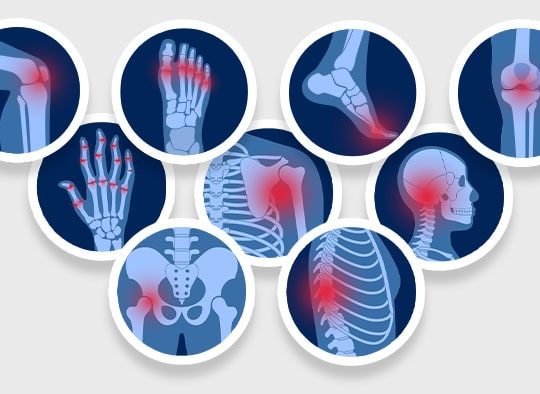Living with chronic pain can be a daily struggle that affects every aspect of life. Whether it’s caused by an injury, illness, or unknown origins, chronic pain can feel like a never-ending battle. As someone who has personally experienced chronic pain for many years, I understand the physical and emotional toll it takes on individuals and their loved ones.

In this blog post, I want to share some techniques and therapies that have helped me manage my chronic pain. It is important to note that these methods may not work the same for everyone, as pain is subjective and varies from person to person. However, I hope that by sharing my experiences, I can provide some insight and possible solutions for those seeking relief.
One of the first steps in managing chronic pain is to establish a trusted medical team. This includes doctors, physical therapists, and other healthcare professionals who specialize in pain management. Finding the right healthcare providers who listen and understand your needs is crucial for effective treatment. Over the years, I have tried different doctors and therapists until I found a team that truly cared about improving my quality of life.
Medication is often a part of pain management, and finding the right medications and dosages can be a process of trial and error. It’s essential to communicate openly with your healthcare provider about your medication’s effects and any side effects you may experience. Remember that medication is just one tool in the toolbox, and it’s important to explore other therapies to complement its effects.
Physical therapy has been invaluable in my pain management journey. Working with a skilled physical therapist who understands chronic pain conditions can help improve strength, flexibility, and overall functionality. They can design a personalized exercise program that targets specific problem areas while being mindful of any limitations. In addition to reducing pain, physical therapy can also enhance emotional well-being and provide a sense of empowerment.
Another technique I have found beneficial is mindfulness and relaxation exercises. Chronic pain often causes stress and anxiety, which can further exacerbate the pain cycle. Mindfulness techniques, such as deep breathing, meditation, and guided imagery, help to calm the nervous system and redirect focus away from the pain. Through consistent practice, I have learned to observe and accept my pain without judgment, which has significantly reduced my overall stress levels.
Alternative therapies, such as acupuncture and chiropractic care, have also played a role in my pain management. Acupuncture, an ancient Chinese practice of inserting thin needles into specific points on the body, has shown promising results in relieving pain. Similarly, chiropractic adjustments can help improve spinal alignment, reduce inflammation, and promote overall well-being. Exploring these options under the guidance of professionals can provide additional relief and support.
Managing chronic pain also involves lifestyle modifications. Regular exercise, tailored to your abilities and limitations, is essential for maintaining strength and flexibility. Low-impact activities such as walking, swimming, or yoga can be gentle on the body while providing numerous benefits. Additionally, maintaining a healthy diet, managing stress levels, and getting enough quality sleep can all contribute to minimizing pain symptoms.
One aspect of chronic pain management that often gets overlooked is psychological support. Chronic pain can be mentally and emotionally draining, leading to depression, anxiety, and feelings of isolation. Seeking therapy or counseling can provide a safe space to express your emotions, learn coping strategies, and develop a support network. Connecting with others who understand your experiences, whether through support groups or online communities, can also provide a sense of validation and camaraderie.
Finally, it’s important to remember that managing chronic pain is an ongoing process. Be patient with yourself and allow for setbacks. It’s natural to have good and bad days, and it’s okay to ask for help when needed. Your pain journey is unique, and what works for others may not work the same for you. Stay open-minded and be willing to try new techniques and therapies that resonate with you.
In conclusion, managing chronic pain requires a comprehensive and holistic approach. By integrating medical care, physical therapy, mindfulness, alternative therapies, lifestyle modifications, and psychological support, you can find a combination of techniques that works best for you. While no single solution may completely eliminate pain, these strategies can significantly improve your overall quality of life. Don’t give up hope; there is always room for improvement, and you are not alone in this journey.











